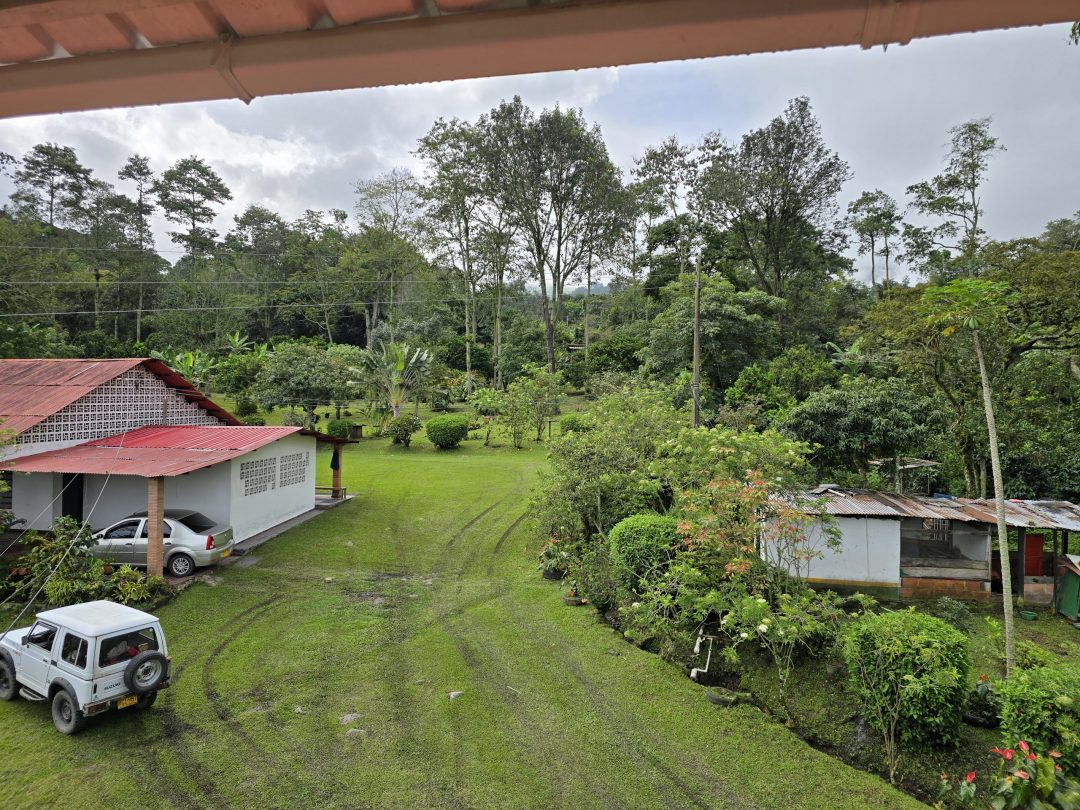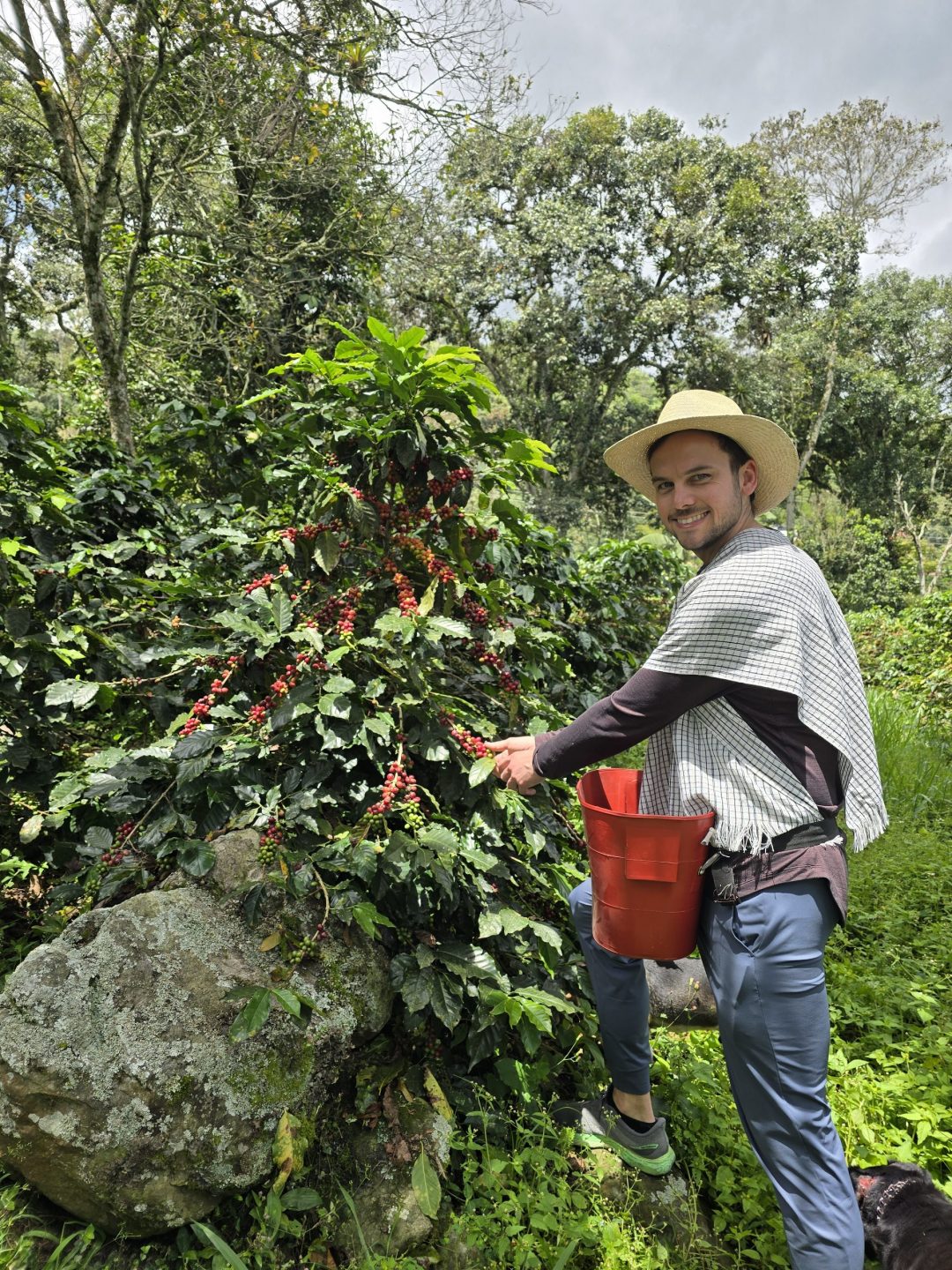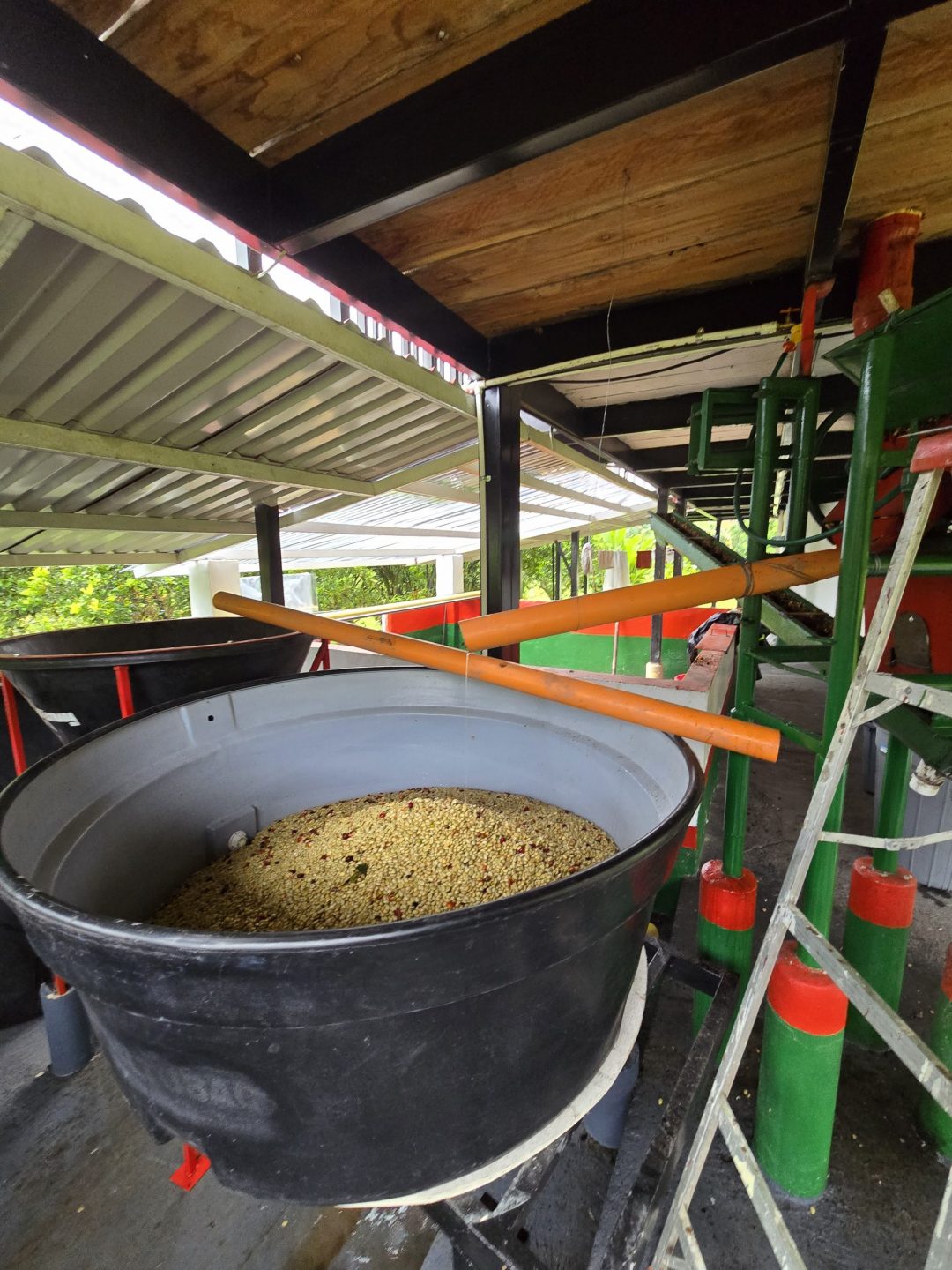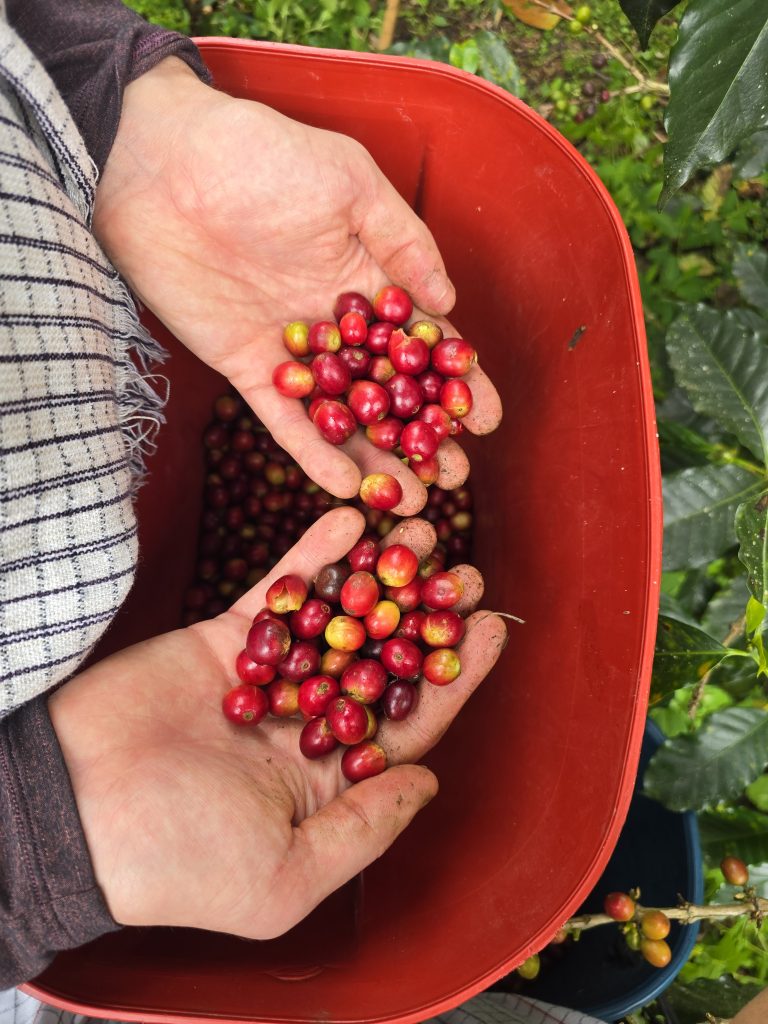The Humble Beginnings: How Coffee Arrived in Colombia
The history of Colombian coffee begins in the 18th century and while the exact date and origin are debated, it's widely believed that Jesuit missionaries were instrumental in introducing coffee to the region. Historic origins of Colombian coffee suggest the plant arrived from the Dutch colonies in Suriname or through the French in the Caribbean. For example early records, like those from Jesuit priest José Gumilla in his 1730 work "El Orinoco Ilustrado," mention coffee cultivation in the country's northeast. Another significant report from Archbishop-Viceroy Caballero y Góngora in 1787 also notes its presence in areas like Girón (Santander) and Muzo (Boyacá).
Initially, coffee was likely grown as a garden crop for local consumption and barter. However, its potential as a commercial product quickly became apparent, as you can see a popular anecdote attributes the spread of coffee cultivation in the northeast to a priest named Francisco Romero. Legend has it that in the early 1800s, he assigned the planting of coffee trees as penance to his parishioners in Salazar de las Palmas, leading to its wider adoption in the region.

Coffee Farm - Hacienda Las Mercedes in San Francisco, Cundinamarca (30 minutes from Bogota)
Colombian Coffee - From Local Crop to Global Powerhouse
The first commercial export of Colombian coffee is recorded in 1808, with 100 bags (60 kg each) shipped from the port of Cúcuta. However, the true boom began in the second half of the 19th century, as the global economy expanded, demand for coffee soared, and Colombian landowners saw a lucrative opportunity. The country's unique geography, with its high-altitude, volcanic soil, and consistent rainfall, proved ideal for growing high-quality Arabica beans.
Mid 19th-Century
Early attempts at export in the mid-19th century involved other commodities like tobacco and quinine, but these proved unsustainable. Coffee, with its consistent demand and suitability to the Colombian landscape, emerged as the dominant export. By the end of the 19th century, Colombia had cemented its position as one of the world's largest coffee exporters.
20th Century
The early 20th century saw a shift in the industry. While initially dominated by large haciendas, the Great Depression and the devastating Thousand Days' War (1899-1902) led to the bankruptcy of many large estates. Ultimately, this paved the way for the rise of small, family-owned farms, which became the backbone of Colombia's coffee production.
A pivotal moment in the History of Colombian Coffee was the founding of the Federación Nacional de Cafeteros de Colombia (FNC) in 1927. This non-profit business association, known globally for its iconic "Juan Valdez" marketing campaign launched in 1958, was created to: represent coffee farmers, promote fair prices, and ensure the quality of Colombian coffee on the international stage. Because of this, the FNC's efforts have been instrumental in establishing Colombian coffee as a symbol of excellence worldwide.
Interesting Colombian Coffee Facts
Hand-Picked Perfection
Unlike many large-scale coffee operations around the world that use machinery for harvesting, virtually all Colombian coffee is hand-picked. Due to the steep, mountainous terrain machine harvesting is impossible. Ensuring this labor-intensive process provides only the perfectly ripe coffee cherries are selected. For this reason, it contributes significantly to the high quality and consistency of Colombian coffee.
100% Arabica
Colombia is renowned for producing almost exclusively Arabica coffee beans. Arabica is celebrated for its delicate aroma, smooth body, and vibrant acidity, often featuring notes of fruit, chocolate, and nuts. The country's ideal climate and altitude between 1,200 and 1,800 meters, with temperatures between 17 and 23 degrees Celsius, provide the perfect conditions for this sensitive varietal.
The Juan Valdez Icon
The fictional character Juan Valdez, accompanied by his mule Conchita, is one of the most successful and recognizable marketing campaigns in the history of agricultural products. Created by the FNC in 1958, Juan Valdez symbolizes the hardworking Colombian coffee farmer. He has played a crucial role in promoting the quality and origin of Colombian coffee worldwide This is why he's not just a brand; he's an ambassador for millions of small coffee growers.
My Experience: A Day at Hacienda Las Mercedes, San Francisco, Cundinamarca
One of the most enriching ways to truly appreciate Colombian coffee is to visit a working coffee farm. I recently had the incredible opportunity to do just that at Hacienda Las Mercedes in San Francisco, Cundinamarca, a short and scenic drive from Bogota.

My experience at coffee farming in Colombia
From the moment we arrived, the air was thick with the scent of coffee blossoms and rich, damp earth. This family owned and operated Hacienda Las Mercedes for generations greeted us with warm smiles and an infectious passion for their craft. Following this, our tour began in the lush fields, where we learned about the meticulous process of growing coffee, from planting the seedlings to understanding the different varietals. I even had the chance to pick ripe red coffee cherries, feeling the satisfying weight of them in my hand – a true "hands-on" experience!

The antique depulping machine that discarded the out berry to leave only the coffee bean
We followed the journey of the bean through processing: depulping, fermentation, washing, and finally, drying on raised beds under the Andean sun. It was fascinating to see how each step contributes to the final flavor profile. The tour culminated in a delightful coffee tasting, where we sampled different roasts and learned to discern the subtle notes that make Colombian coffee so distinctive. The hospitality extended to a delicious, home-cooked traditional Colombian lunch in their charming hacienda house. This made the entire visit an unforgettable immersion into the heart of Colombian coffee culture. Hacienda Las Mercedes truly offers an authentic and insightful look into the dedication and tradition behind every cup.
Explore The Colombian Coffee History For Yourself
If you feel like having your own adventure to truly experience the history of Colombian Coffee you can stay at Hacienda Las Mercedes and farm some beans for your self. Better yet, the coffee from this farm are Nespresso certified so will end up in a coffee capsule near you!
Colombian Coffee History - Coffee You Will Not Forget
From its quiet 18th-century arrival with Jesuit missionaries to its current status as a global coffee powerhouse, the History of Colombian Coffee is a testament to the nation's passion, perseverance, and ideal growing conditions. A story deeply rooted in the land and in the hands of countless small, dedicated farmers. Whether you're considering Bogota as your new home or you're a long-time resident, understanding this rich heritage adds profound depth to every delicious sip. Each cup of Colombian coffee isn't just a beverage; it's an invitation to explore a legacy, a culture, and a truly remarkable journey from farm to cup.

